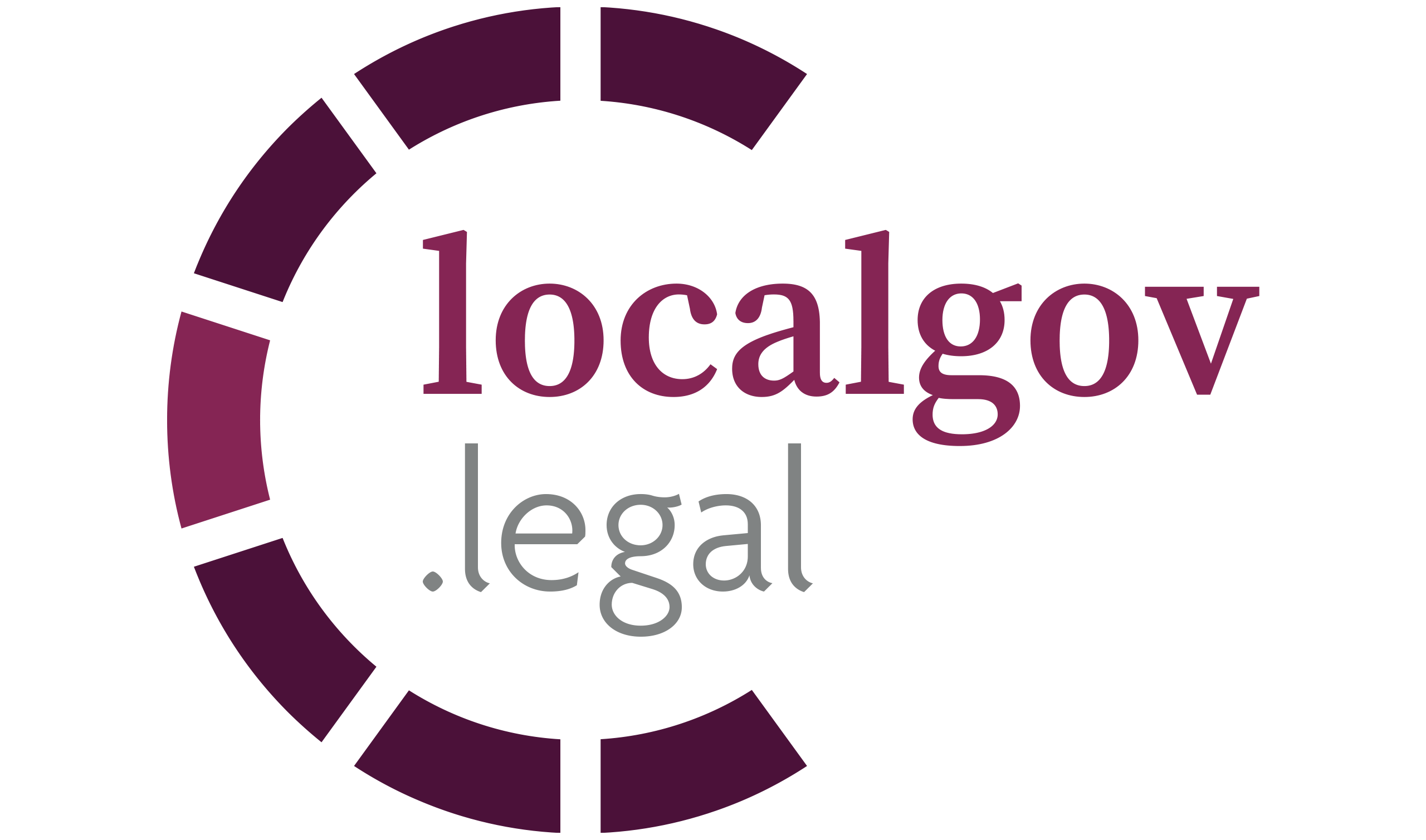Wildlife and environment groups have written an open letter to the government calling on them to aim for 10% of farmland in England to be organic.
Greenpeace, RSPB, The Wildlife Trusts, National Trust, River Action and Wildlife and Countryside Link are among the 13 groups who contributed to the open letter which was sent to Farming Minister Daniel Zeichner.
Within the letter, campaigners outline how England has fallen behind Scotland, Ireland and the EU where farming policy recognises the environmental benefits of organic farms, which have 30% more biodiversity, on average, than conventional farms.
‘We know that farmers want to work more with nature, but many are stuck in a system that causes harm to our rivers, wildlife, air quality and climate. But organic offers key solutions for driving real positive change,’ Brendan Costelloe, Policy Director at Soil Association said. ‘The evidence is clear that organic delivers for climate and nature with resilient systems based on healthy soils and nature-based practices that do not depend on harmful, fossil-fuel based chemicals. We need to increase the availability of food produced in this way to help make it more affordable.’
Brendan added: ‘Government intervention is desperately needed to back healthy and sustainable diets with fairer and shorter supply chains that incentivise nature-friendly farmers and makes sustainable food accessible to everyone.’
However, this open letter isn’t the first attempt to make England’s farmland more sustainable. Labour’s former Organic Action Plan led to a peak in organic farmland in England in 2008 – but this has now fallen by around 30% to just 3% of farmland.
This is despite growing demand for organic food and drink, which has been steadily rising for more than ten years with the market now worth £3.2bn and 59% of supermarket shoppers regularly buying organic.
With this in mind, the Soil Association warns the heavy reliance on imports to meet demand means farmers are missing out on business benefits while the landscape is being robbed of the environmental benefits.
As a result, the open letter references examples from other countries to showcase what England should be doing. For example, in the EU there is a target to increase organic farmland to 25% by 2030, leading to an organic strategy in Ireland that saw organic farmland rise from 1.6% to 5% between 2020 and 2023.
Likewise, Scotland also has a target to double its organic farmland which led to a boost in conversation applications over the last year.
If England fails to follow suit, the letter forewarns our country risks ‘becoming an outlier’ within the UK and Ireland.
In related news:



















Leave a Reply